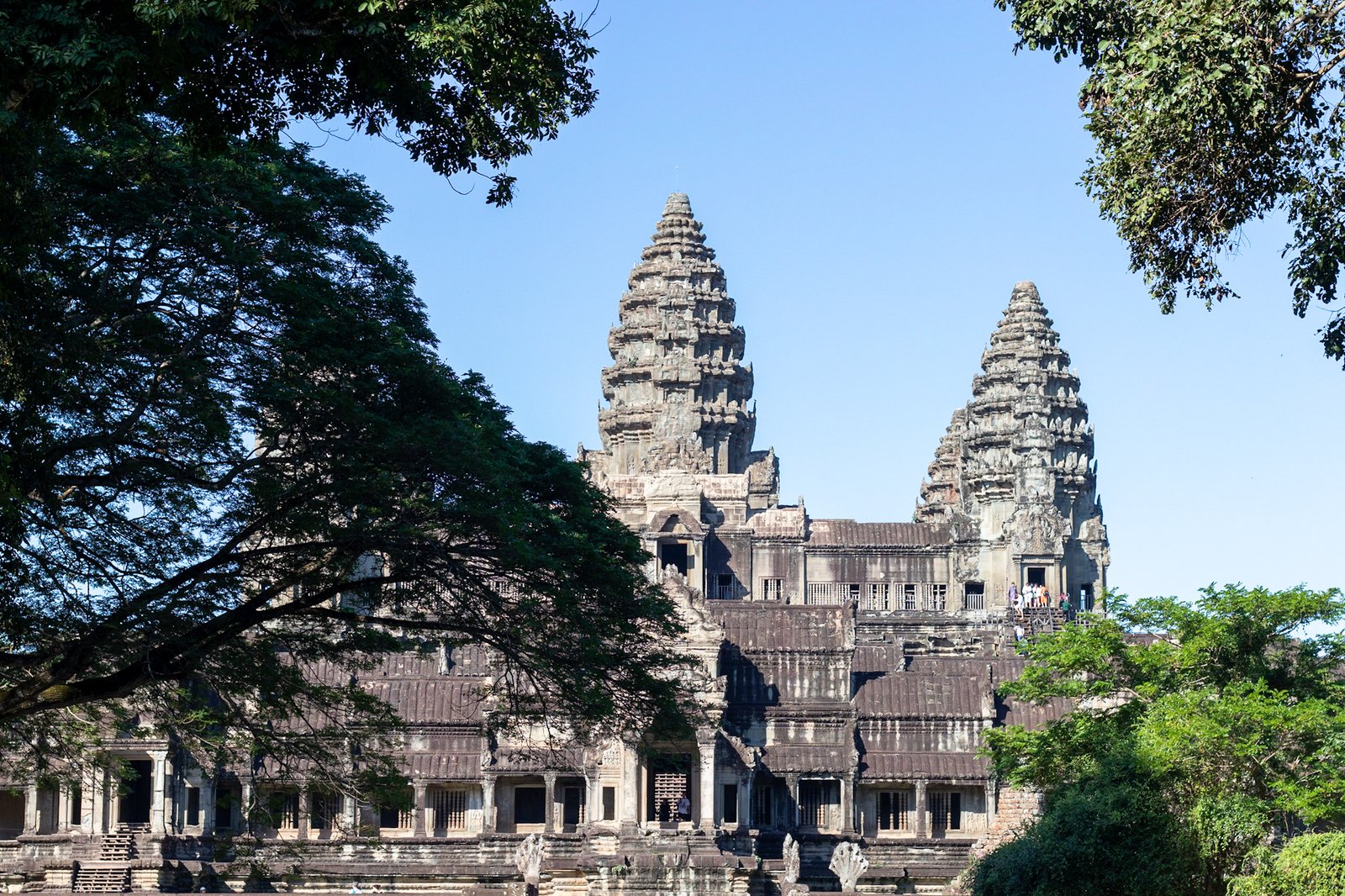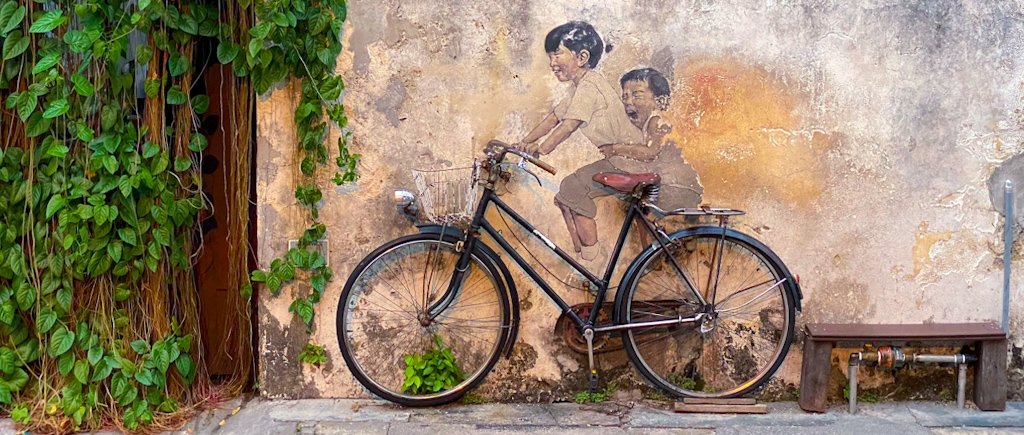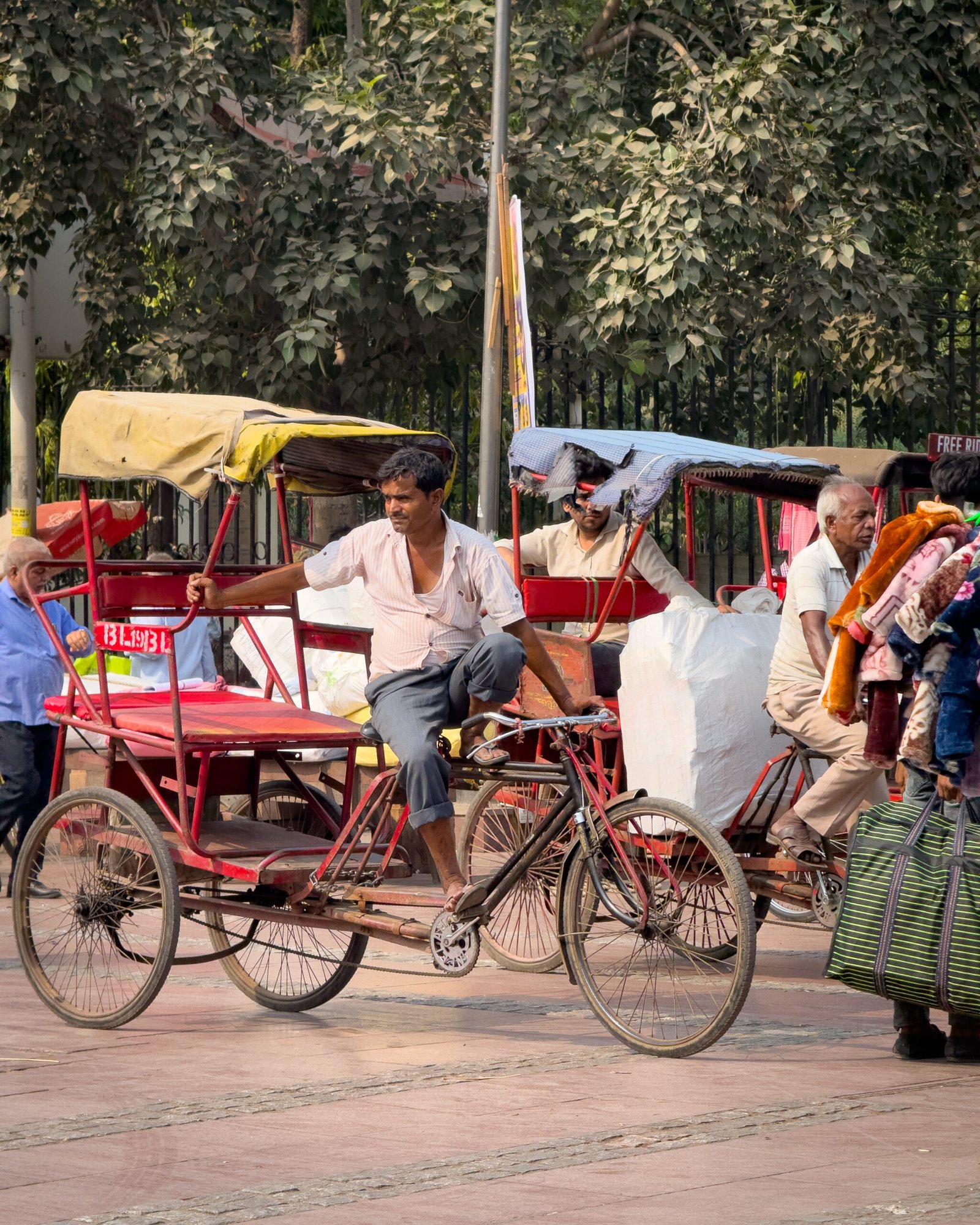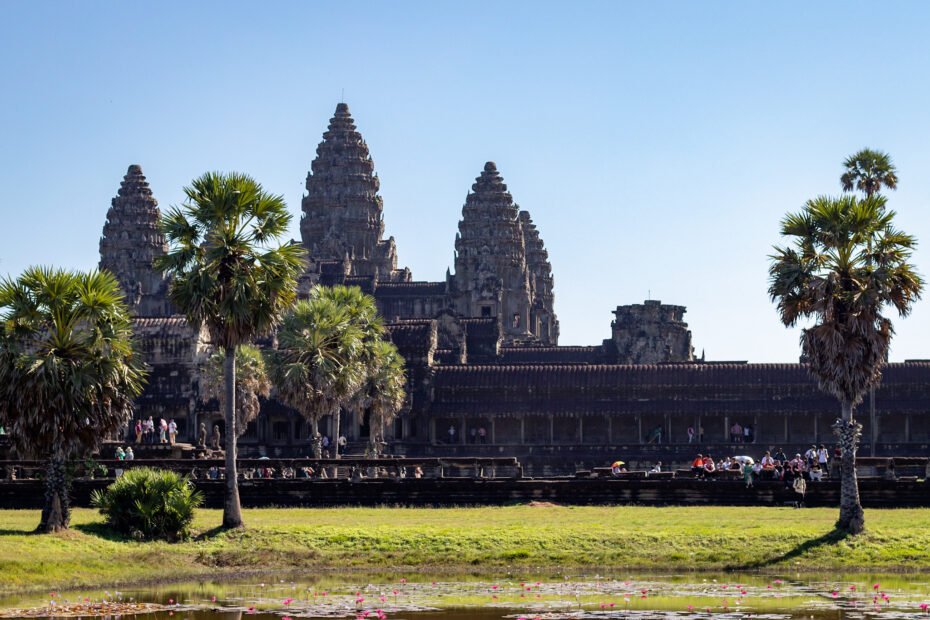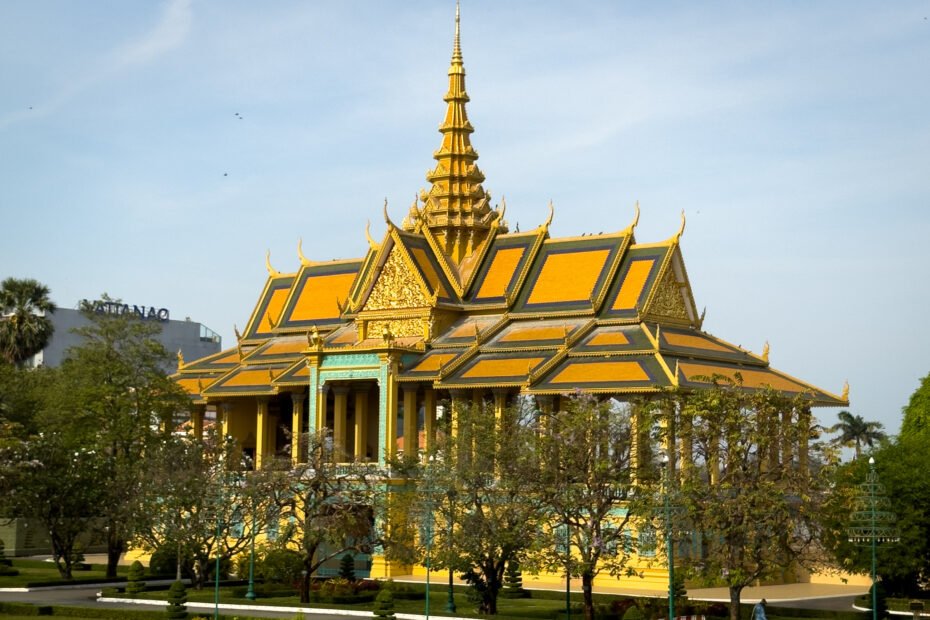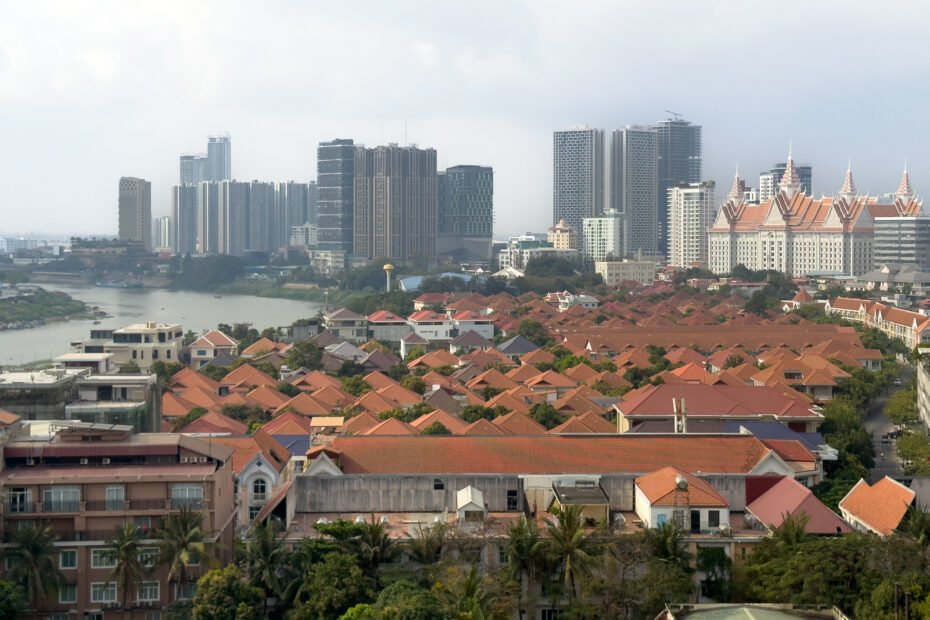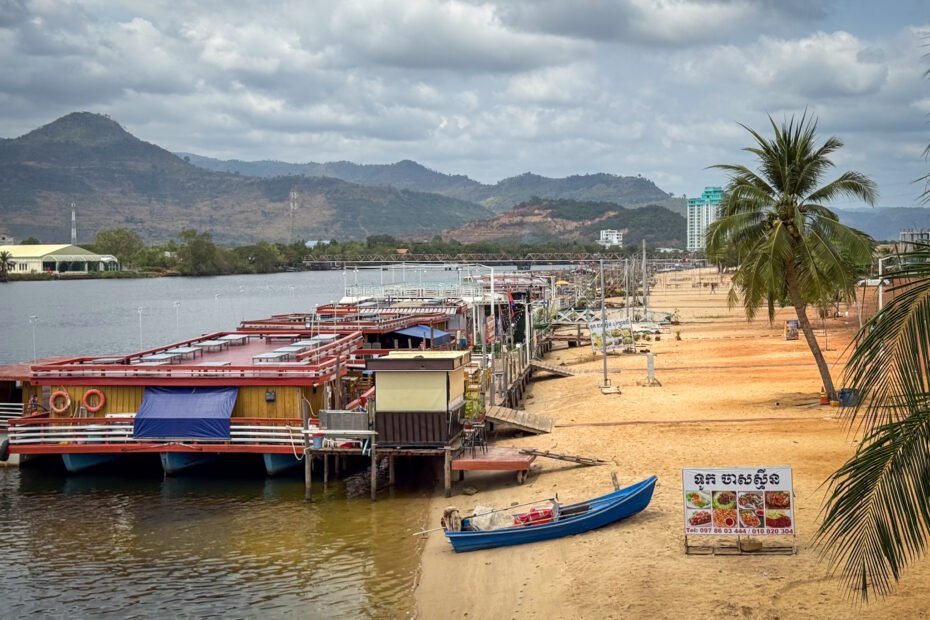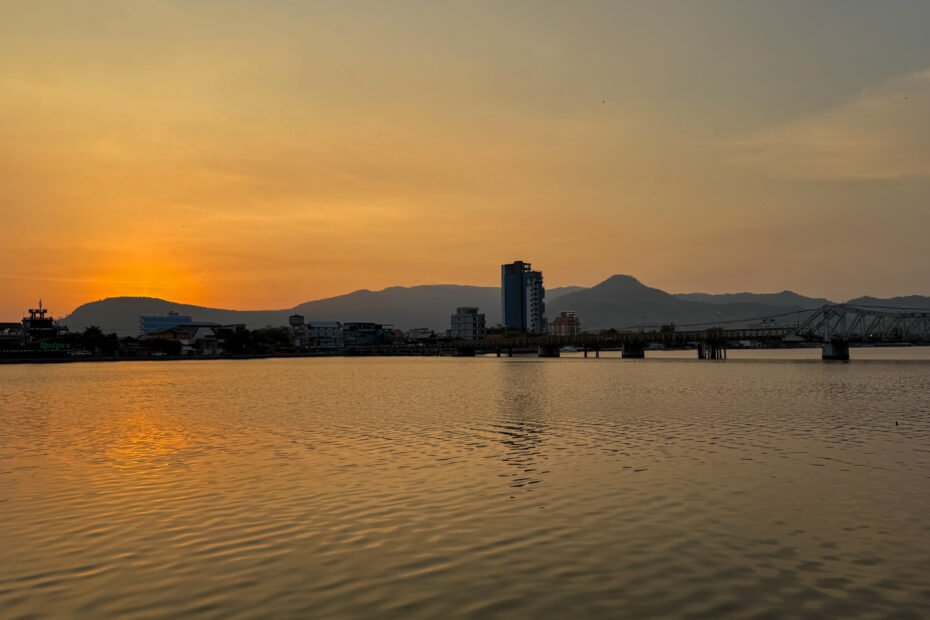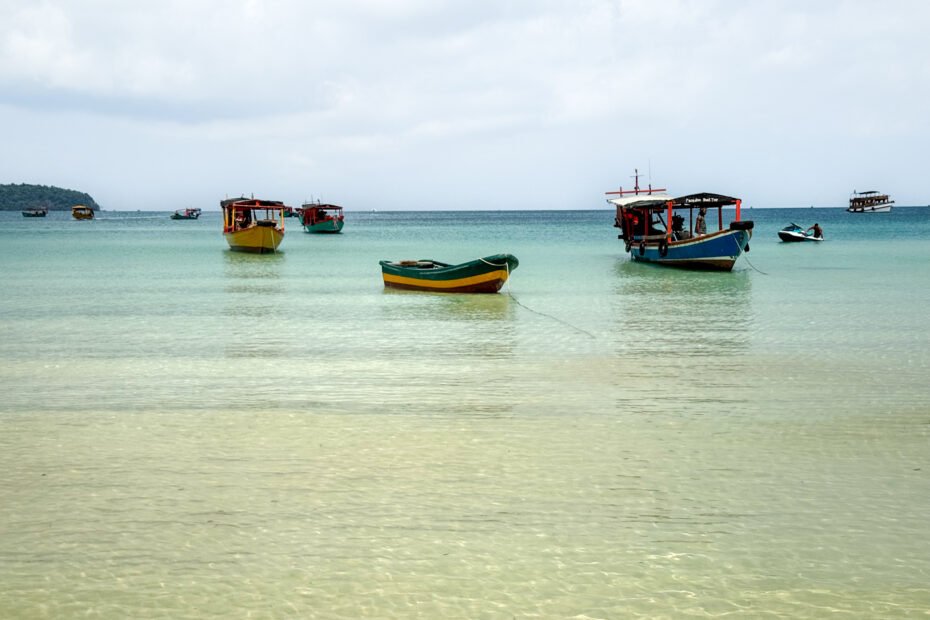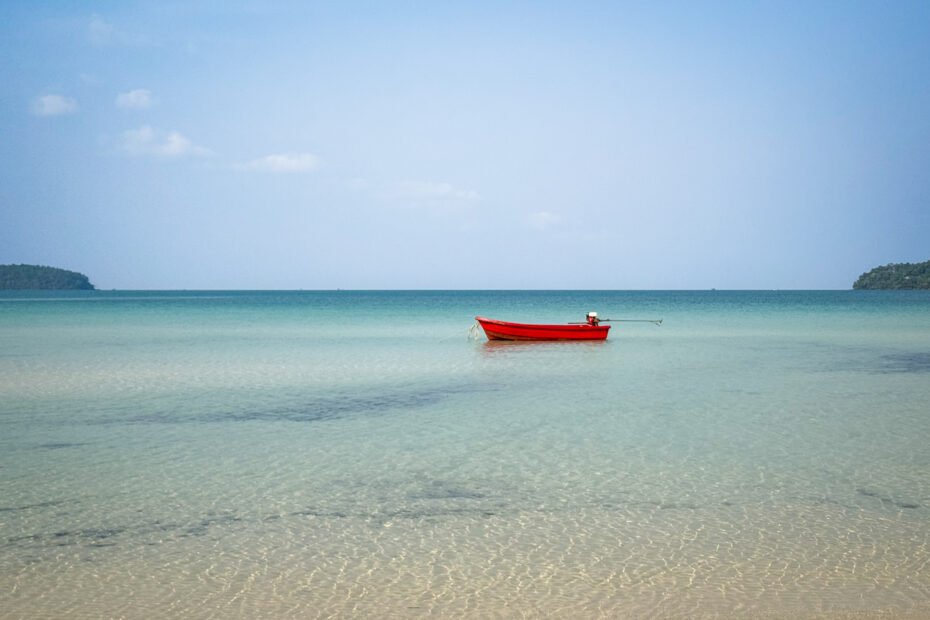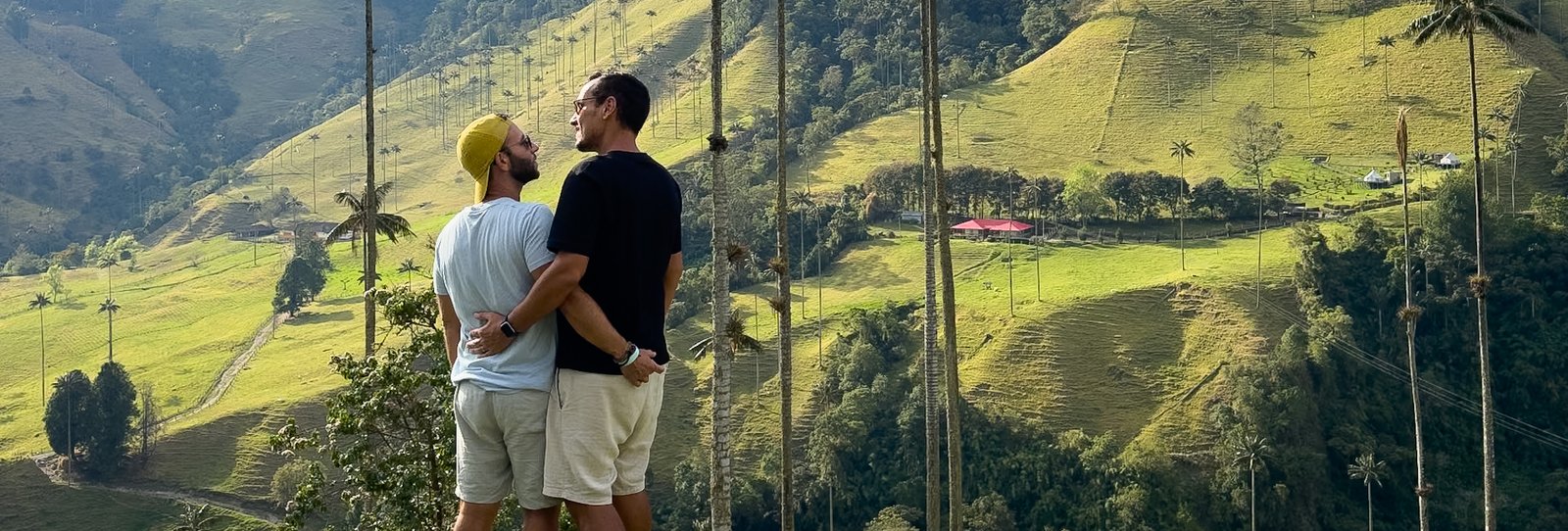Safety and Accessibility Tips in Cambodia
Is it safe to travel to Cambodia?
Cambodia is generally considered safe for travelers, especially in tourist areas like Phnom Penh, Siem Reap, and the Angkor temple regions. According to the U.S. Department of State, while crime in urban areas can be a concern, with some thefts and scams, tourists can minimize risks by taking basic precautions. It’s advisable to avoid isolated areas at night and maintain a low profile. Cambodian hospitality is a notable feature, and travelers report positive experiences during their stay.
What is the transport and accessibility situation in Cambodia?
Transportation in Cambodia is basic but effective, with options like tuk-tuks, buses, and boats. Major cities like Phnom Penh and Siem Reap have reasonable infrastructure, but the public transport system is limited. According to Enable Travel, accessibility options are still under development, and many places do not have specific facilities for people with reduced mobility. Those with special needs should plan ahead, particularly regarding transportation and accommodations.
What is the local etiquette and culture in Cambodia?
Cambodian culture deeply values respect, humility, and traditional customs. According to the Ministry of Tourism of Cambodia, it is customary to remove shoes before entering homes or temples, dress modestly (especially when visiting religious sites), and greet others with hands together in a prayer-like gesture. It is important to show respect to elders and religious figures, avoiding gestures such as pointing directly at sacred images and keeping your voice low.
Is Cambodia safe for LGBTQIA+ travelers?
While Cambodia is still a largely conservative society, the country has been taking steps toward greater acceptance of the LGBTQIA+ community. In Phnom Penh and Siem Reap, there are some LGBTQIA+-friendly bars and restaurants, and the general attitude towards LGBTQIA+ tourists is respectful. However, according to Human Rights Watch, discrimination in rural areas is still a concern. LGBTQIA+ travelers should be aware of the need to respect local norms, especially in more conservative areas.
